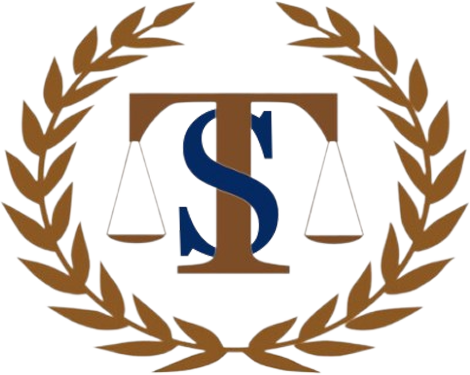Estate Planning involves a comprehensive effort to allow you to make several decisions regarding your life and property. In addition to your Will and/or Trust, it’s often advantageous to contemporaneously execute the following set of legal documents. A review of your family’s situation with a Thomas & Sawyer, PLLC Estate Planning attorneys will help determine which of these documents should be prepared to properly carry out your wishes.
Last Will & Testament
Your Will essentially lays out what you own and what will go to whom whenever you pass away. This is the largest aspect of an estate plan. Having your Will in place saves significant time and money in the probate process after you pass away. Your Will also provides clarity and dictates how your wishes should be carried out.
Will Codicils (Amendments): Although Wills are legal documents, you can always update your Will. If you do not want to completely redo your Will, you can do a Will Codicil, which is a legal document that validly makes minor changes to your Will.
Other Important Estate Planning Documents
Appointment of Guardian
An Appointment of Guardian is a pre-designation of an individual (or individuals) to care for you or your finances in the case of incapacity.
Appointment of Guardian for Minors
An Appointment of Guardian for Minors is a pre-designation of trusted individuals to provide for your children’s care and/or financial management should you be unable to do so.
Statutory Power of Attorney
A Statutory Power of Attorney authorizes another person to act on your behalf for legal matters – either immediately upon signing or solely upon your incapacity.
Medical Power of Attorney
A Medical Power of Attorney (often seen as Medical POA) authorizes another person to act on your behalf regarding medical decisions upon your inability to express your choices, whether that be incapacitation or death.
HIPAA Authorization
A HIPAA Authorization authorizes another person (or people) access to your medical information.
Directive to Physicians
A Directive to Physicians is a pre-designation of certain end-of-life choices regarding palliative care.
Disposition of Remains
A Disposition of Remains is a pre-designation of burial plots, funeral wishes, or last rites.
Trusts
It has become increasingly popular to use a trust as a part or in place of traditional estate planning, most commonly to either avoid probate or asset protection. While this can be utilized effectively in certain instances, it may depend on your situation and the type of trust you have. Below you can see some trust terminology, as well as the different types of trusts laid out and explained.
Basic Trust Terminology
Trust Agreement: a document that creates the Trust and any Trust provisions. It generally designates the trustee, beneficiary, and the purpose of the trust, as well as includes provisions to help guide the trustee in fulfilling his or her duties.
Trustee: A person in the Trust agreement that will possess the trust assets and manage those assets in accordance with the Trust agreement when the time comes.
Grantor/Settlor: This is the person that creates the Trust Agreement.
Beneficiary: A person who receives the benefit of the assets in a trust.
Testamentary Trusts
Also known as a contingent trust, a Testamentary Trust is a type of trust created under your Will and will control the management of your assets after your death.
This is often used to provide management for minors in the event that they inherit property under your Will.
Revocable Living Trust
A Revocable Living Trust is the type of trust that has recently begun to serve as a substitute to traditional estate planning. While a Testamentary Trust is created by the grantor’s Will, a Living Trust is created by the grantor directly during their lifetime.
